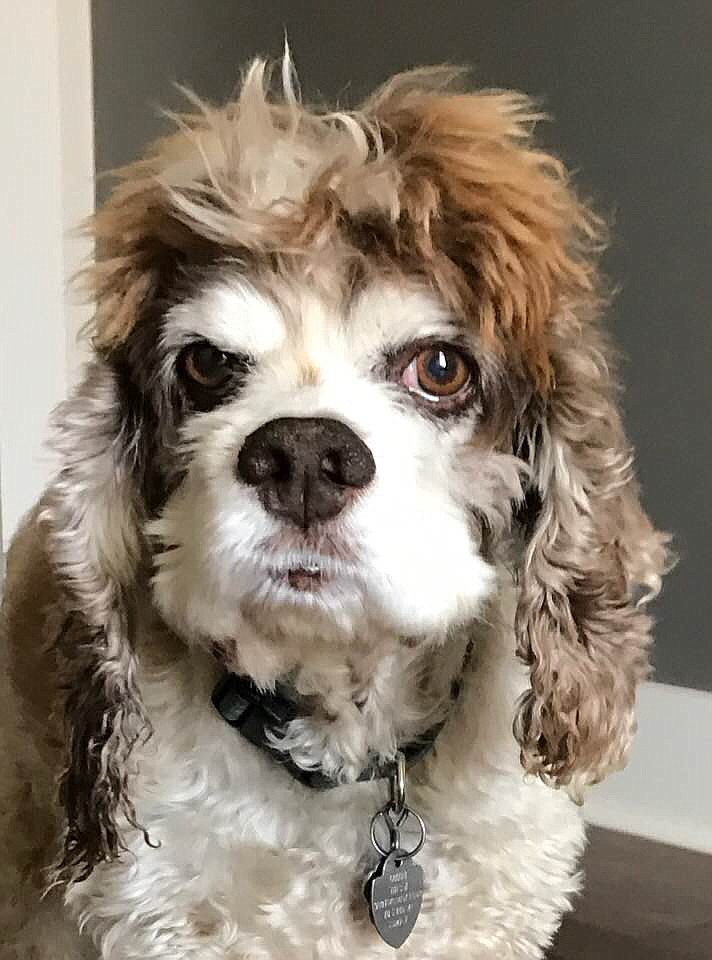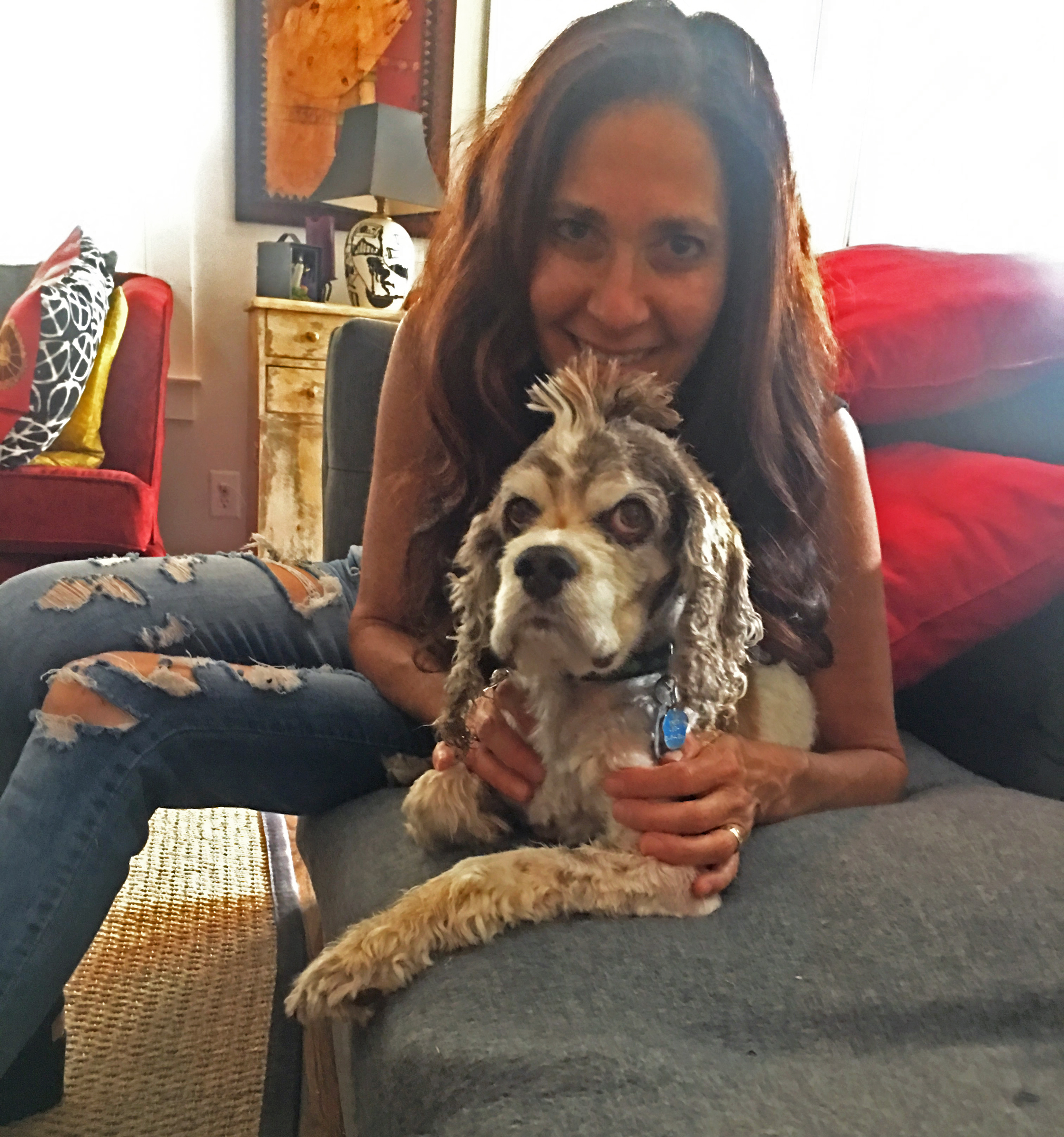Decades ago, right before my old dog Jesse died, I dreamed that he bought a new briefcase. I didn't know where he worked (which is odd, since I keep quite the tight rein on my dogs in my conscious life), but I do remember he looked very professional. Fourteen years earlier, I had pulled him from a plywood- covered hole on a farm in Appling, Georgia, a frightened puppy the size of a shoe that rode home under the seat of my car.
Within a year, he'd grown to 110 pounds and could rest his head comfortably on the kitchen counter. He lived fully in those fast 14 years, complete with the addition of multiple doggy siblings, countless moves, an ever-changing influx of friends and mostly good health. At the end, his bones grew tumors, and he left my life almost as quickly as he came into it. I can't say he didn't warn me. Nobody buys a new briefcase and then just hangs around.
When my 12-year-old dog Annie died, there were no telling dreams. She was fine, and then suddenly she was dying, and for the three weeks between diagnosis and death, I had a lump like a softball in my throat and a well of tears behind my eyes. When we returned home after putting her to sleep, I saw a house dim with the pallor of illness and looming loss. It shouldn't have shocked me, but it did. Sometimes the visuals elude you, even as your heart sees all.
Last week, we put our sweet Theo to sleep. Unlike with Jesse and Annie, his slide into infirmity was jagged and drawn-out. It began with the loss of an eye two years ago, followed by a diagnosis of Cushing's disease, followed by a scratch to the remaining eye, followed by recurrent ear infections, arthritis and hearing loss. We treated what we could treat, managed what we could not, and Theo, in grand Theo style, rebounded as best he could. There was a reason I called him a pinball: It was because of his extraordinary resilience, his refusal to slow down or use caution or be contained in the face of daunting limitations.
Ultimately it was the creep of dementia that would undo him, a stair step of decline from headstrong willfulness to confusion and pointless wandering and loss of bladder control and difficulty eating. Some changes we didn't see until something reminded us of how things used to be, like the cherished plastic disc he carried in his mouth for months, gradually abandoned on the bed more mornings than not. There were the bully bones he coveted, until he forgot how to chew them, the walks he barked for, until he forgot how to bark.
Some day, I remember thinking, it will be our last walk to the pond, the last time he lunges at the UPS truck, the last day he knows me. And one by one, it was all of this and more. Dementia happens slowly, unevenly, like sea change; only when you are drowning do you realize the water has been rising for some time, though your heart has been sounding the alarm.
Theo was an odd dog, a dog's dog, a curmudgeonly soul who, the day we brought him home from the shelter, leapt into the red armchair across from where my husband and I sat and eyed us reproachfully, as if it were we who had crashed his pad with our big, demanding hearts and empty, needful arms. He was a dog who would never show his cards, whose tail did not wag and whose affection for us was never sycophantic. His love language was cool observation, his presence in a room almost Zen-like. Theo existed, as all dogs exist, not for the pleasure of others, but for the sheer contentment of being himself. Along the way, he happened to bring us great joy. Where there is grief now, there is also gratitude, and this I will carry with me into the next life, and the next, and the next, inside the briefcase of my ever-expanding heart.
Email Dana Shavin at dana@danashavin.com or connect with her on Facebook at Dana Shavin Writes.

